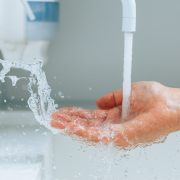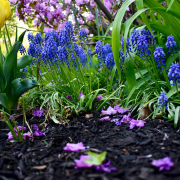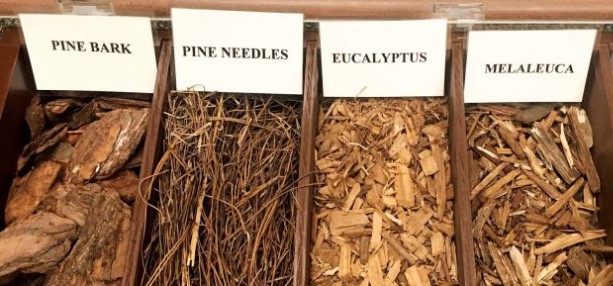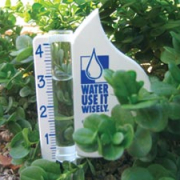Water: Use It Wisely
In Florida, April is historically one of the driest (lowest rainfall) months of the year and typically marks a peak demand in water use which is why April is designated Water Conservation Month. During April, the Lake Worth Drainage District (LWDD) joins with other local governments throughout our region to raise awareness about the importance of water conservation and the ways we can reduce our water use all year long.
Conserving water means using our water supply wisely. We can start saving water by making smart choices at home. Implementing simple water conservation tips can help reduce the usage of water significantly. Committing to just a bit of effort can make all the difference. With these ten simple tips, you can do your part to save hundreds of gallons of water:
INDOOR:
• Only run your washing machine and dishwasher when they are full.
• Use the shortest clothes washing cycle for lightly soiled loads. Normal and permanent-press wash cycles use more water.
• Thaw food in the refrigerator or microwave, not under running water.
• Scrape do not rinse your dishes before loading them in the dishwasher.
• Install high-efficiency appliances, shower heads, faucets and toilets.
OUTDOOR:
• Check your home’s irrigation system for leaks and make repairs as needed.
• Turn off your automatic irrigation system and only water as needed.
• Do not leave sprinklers or garden hoses unattended. A garden hose can pour out six hundred gallons of water in just a few hours.
• Use a hose with a shut-off nozzle when washing the car and wash the car over a pervious area such as the lawn.
• Consider installing a rain barrel with a drip irrigation system for watering your landscaping. Rainwater is free and better for your plants because it does not contain hard minerals.
Our water supply is a finite resource and needs our protection. We can all make changes in our lifestyle to reduce our water usage. The trick is making water conservation a way of life and not just something we think about each April.








